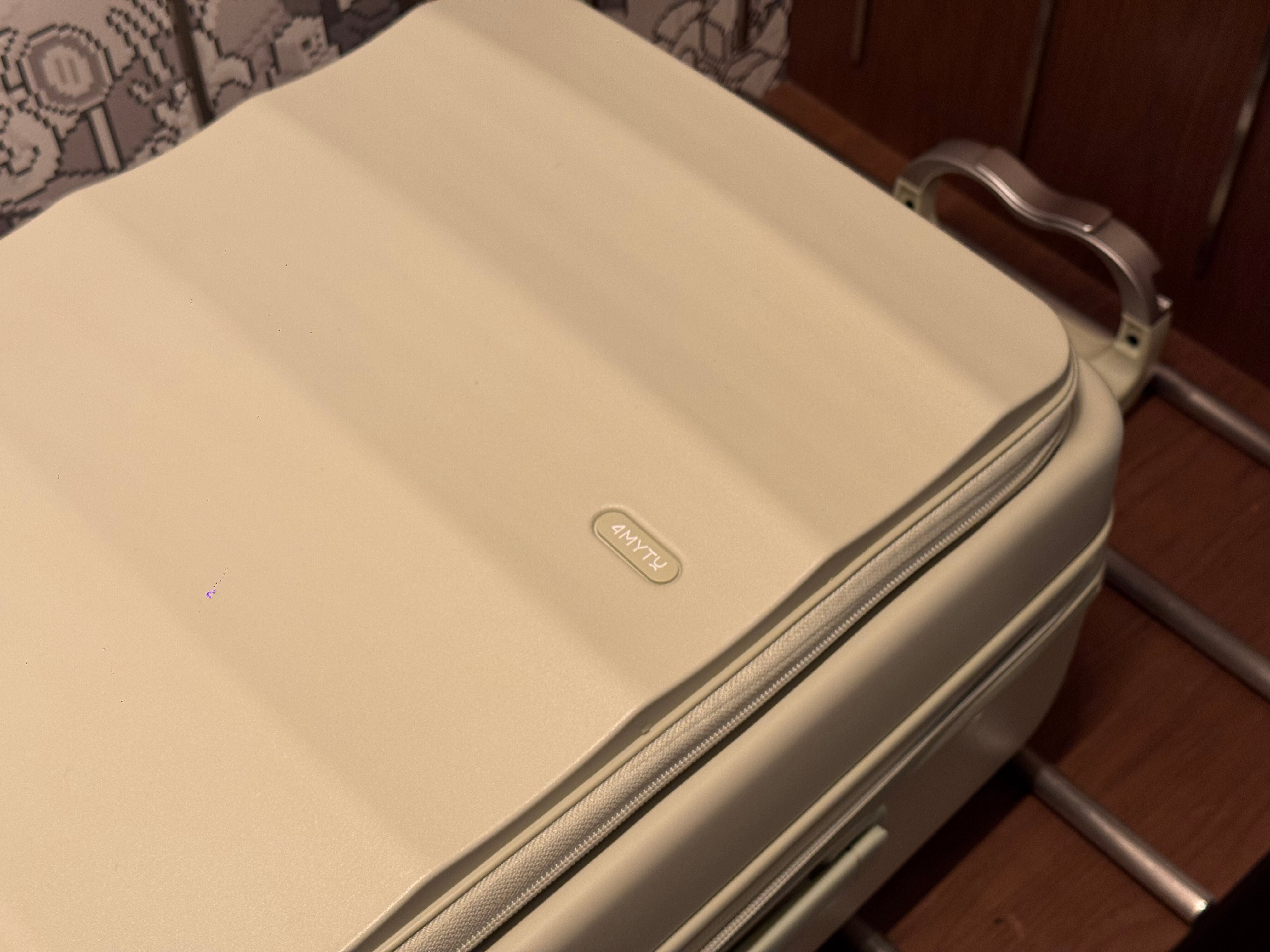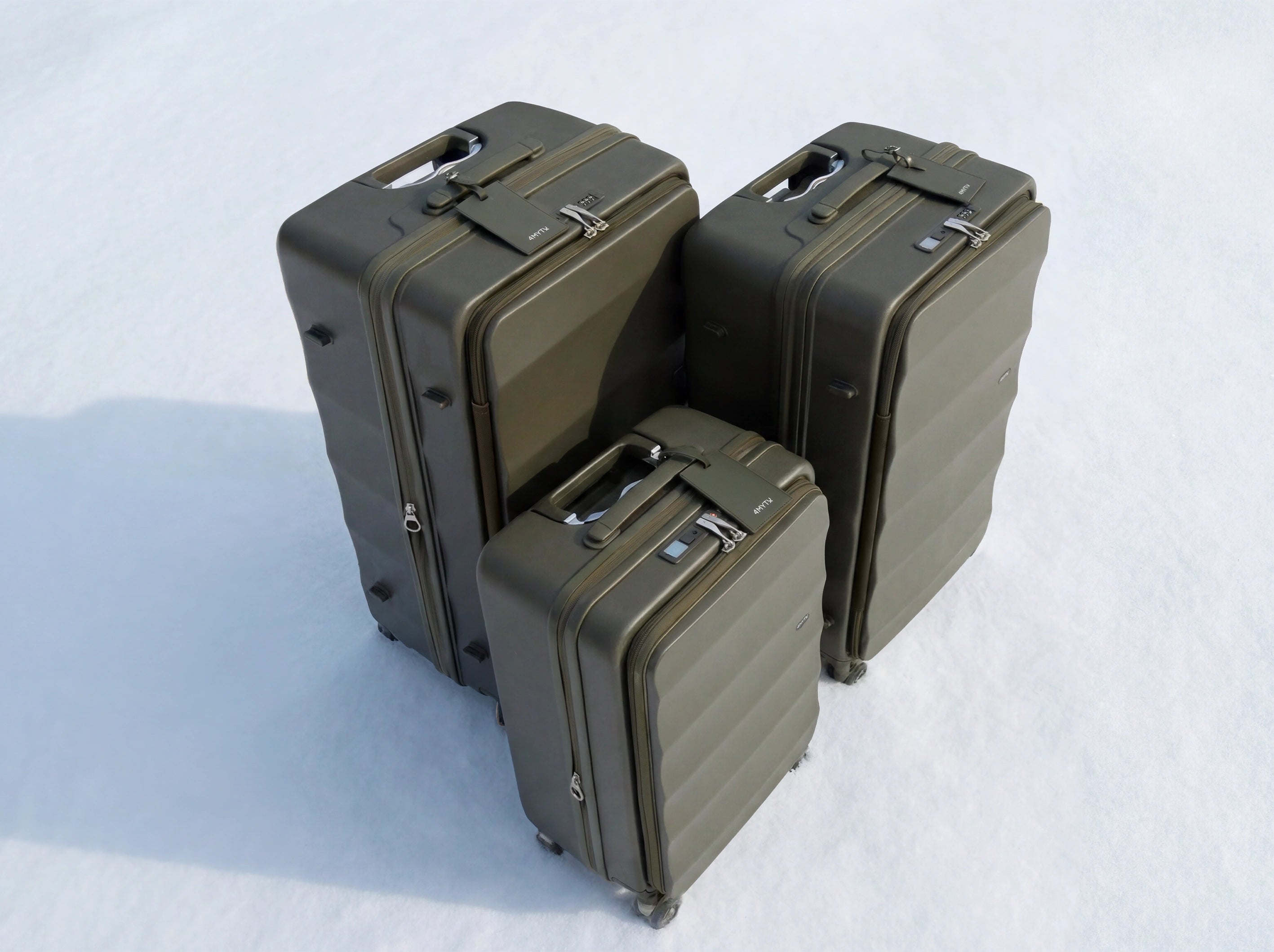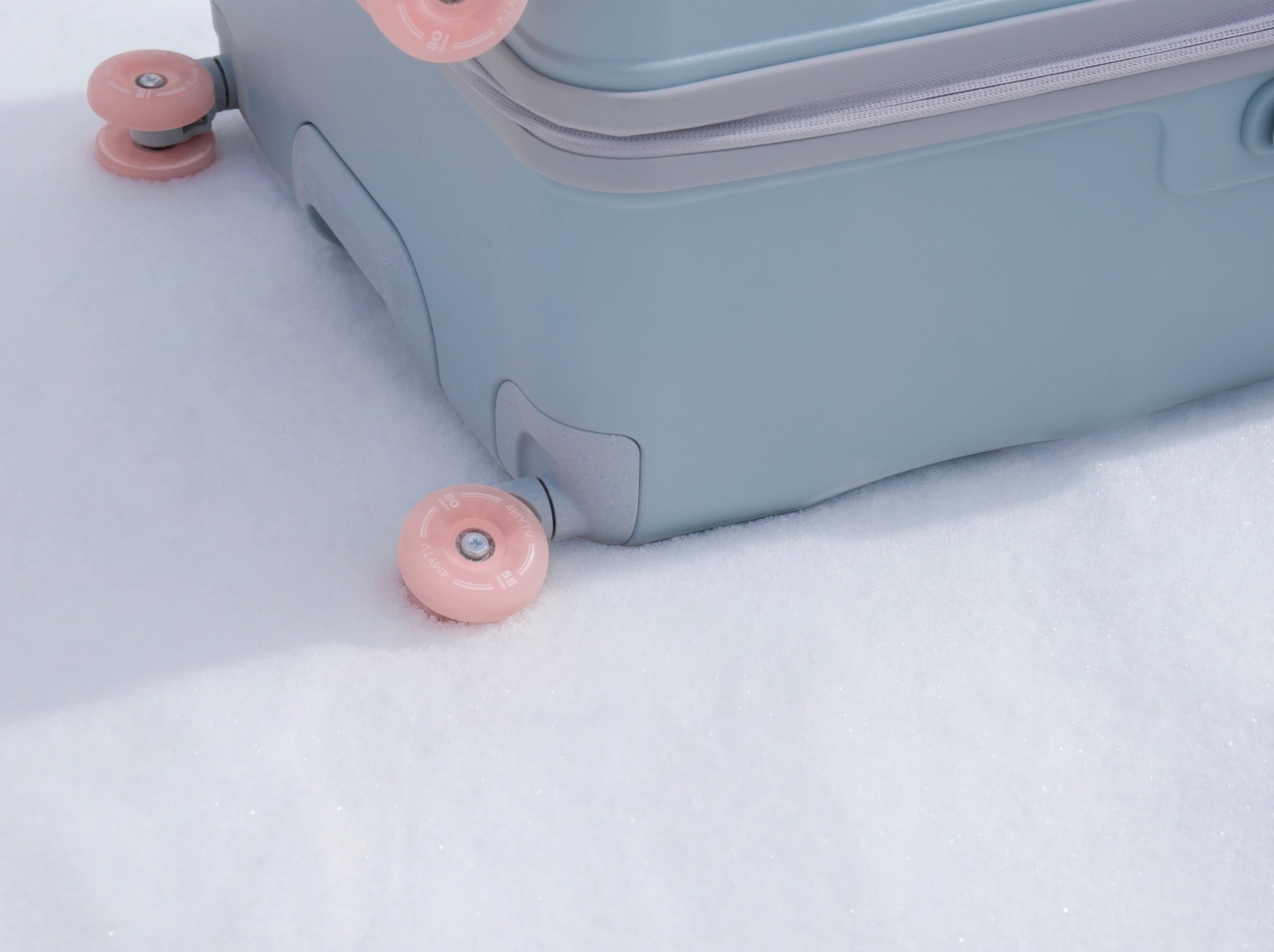
ABS vs. Polycarbonate Luggage: Which Material Is Right for You?
Every journey begins long before you board a plane. It starts when you choose what follows you through terminals, curbsides, and hotel lobbies. In that quiet moment—picking a suitcase that’ll bear the brunt of movement, mishandling, and miles—you’re not just buying storage. You’re deciding how your trip feels before it even begins.
The true character of travel gear shows up when the wheels hit rough tile, when zippers face airport chaos, or when cabin crew force your bag into a tight bin. What looks sleek online may rattle, crack, or jam when the pace picks up. And at the heart of that performance? The material.
Understanding ABS Luggage: The Budget-Friendly Lightweight
ABS stands for Acrylonitrile Butadiene Styrene—a common plastic blend known for cutting down weight and cost. You’ll spot it often in starter luggage, especially in bundled sets that cater to occasional travelers.
It’s rigid enough to hold shape and survive basic handling, making it a go-to for light packers or anyone who flies once or twice a year.
Common traits of ABS luggage:
- Budget-friendly
- Lightweight body
- Decent structure for basic needs
The Downsides of ABS: Durability and Wear Concerns
ABS’s lightweight nature comes with trade-offs:
- It has a rigid surface that resists minor bumps, but lacks flexibility under sudden force.
- If the suitcase gets dropped hard or squeezed in a luggage bin, it may crack.
- It also struggles with extreme heat and UV exposure, so long-term storage in hot places can shorten its life.
In real travel scenarios—especially with frequent flying, transfers, or rough luggage handlers—ABS cases often show signs of wear earlier than more flexible materials.
Exploring Polycarbonate (PC) Luggage: The Resilient Performer
Polycarbonate began in industrial applications where strength and impact resistance were key. Over time, that same performance found a home in premium luggage.
This thermoplastic is engineered to bend, absorb shocks, and return to shape without breaking. Frequent travelers, outdoor explorers, and anyone who’s been burned by cracked luggage tend to trust Polycarbonate for its staying power.
Its smooth flexibility doesn’t mean it’s soft. In fact, PC is often used in helmets, electronics casings, and even riot shields.
Why Polycarbonate Punches Above Its Weight
Polycarbonate walks a fine line—tough but not brittle, light without feeling flimsy. That balance is what makes it a favorite among seasoned travelers. It’s the kind of shell you can bump against doorframes, shove into overhead bins, or drag through rain-soaked tarmacs without flinching.
Unlike heavier hardcases that wear you down before you reach the gate, PC keeps things agile. It shrugs off wild temperature swings—from icy layovers to 90-degree heatwaves—without warping or cracking. Even when empty, it feels nimble in hand, not clunky.
Here’s what sets PC luggage apart:
- Shell that flexes, not fractures
- Lightweight yet engineered to endure pressure
- Holds up better against drops and impacts than ABS
- Built for the long haul—frequent use doesn’t wear it down quickly
ABS Rigidity vs. PC Flexibility Under Pressure
On paper, both ABS and PC claim to be “hard-shell.” But in practice, only one knows how to take a hit.
ABS looks firm—until it isn’t. One bad toss by a baggage handler or a tightly packed cargo hold can leave it cracked or caved in. It’s stiff armor with no give.
Polycarbonate moves differently. It absorbs impact through slight flex, like a tree bending in the wind. That flex prevents breakage, cushions your gear inside, and handles the unpredictability of real travel environments.
The 4MYTU Tank Carry-On doesn’t just rely on theory—it’s field-tested. Its polycarbonate shell has passed 3000+ drop-roll-pull cycles under weight. And with its dual-layer zippers and removable wheels, it’s built not just to survive, but to stay smooth and efficient across years of travel. This is luggage that moves with you, not against you.
Does Lighter Always Mean Compromise?
ABS has always been known for being light. That’s why many people assume it's the easier choice to carry. But with advancements in material science, modern Polycarbonate is closing the gap.
Top PC models now weigh just slightly more than ABS but come with significantly better performance. They roll smoother, feel steadier, and stay intact longer. A good PC case might only be half a pound heavier—but save you money on repairs or replacements.
Handling also depends on wheel systems and handle design. For example, the 4MYTU Tank Carry-On uses shock-absorbing 360° wheels that handle up to 200kg of pressure while gliding smoothily. Combined with a five-level adjustable handle, it rolls quiet and smooth even when fully loaded.
Initial Cost vs. Long-Term Value
Some suitcases whisper promises in the store aisle—sleek looks, feather-light frames, price tags that barely register. ABS luggage does just that. It feels like a smart buy… until reality hits at baggage claim.
Cracked corners after a single rough landing. Wheels that wobble by the third hotel. For frequent flyers, the “deal” often turns into a cycle of replace-and-regret. Polycarbonate flips that script. Yes, it asks more up front—but it stays in the game longer, flight after flight, season after season.
And then there’s the bonus layer: thoughtful features you won’t find in entry-level shells. The 4MYTU Tank Carry-On comes wired with USB-C and USB-A charging ports, a GRS-certified lining, and up to 35% extra packing room—no overstuffing, no stress. It’s not just holding your things. It’s working with you.
Don’t Just Pack—Choose What Carries You
A suitcase should match your travel lifestyle—not just your packing list. Whether you're traveling once a year or once a week, your luggage material makes a difference. ABS gets the job done for quick, light, and affordable trips. But for those chasing durability, function, and a smoother ride—Polycarbonate takes the lead. The shell isn’t just plastic. It’s peace of mind on wheels.




Leave a comment
This site is protected by hCaptcha and the hCaptcha Privacy Policy and Terms of Service apply.